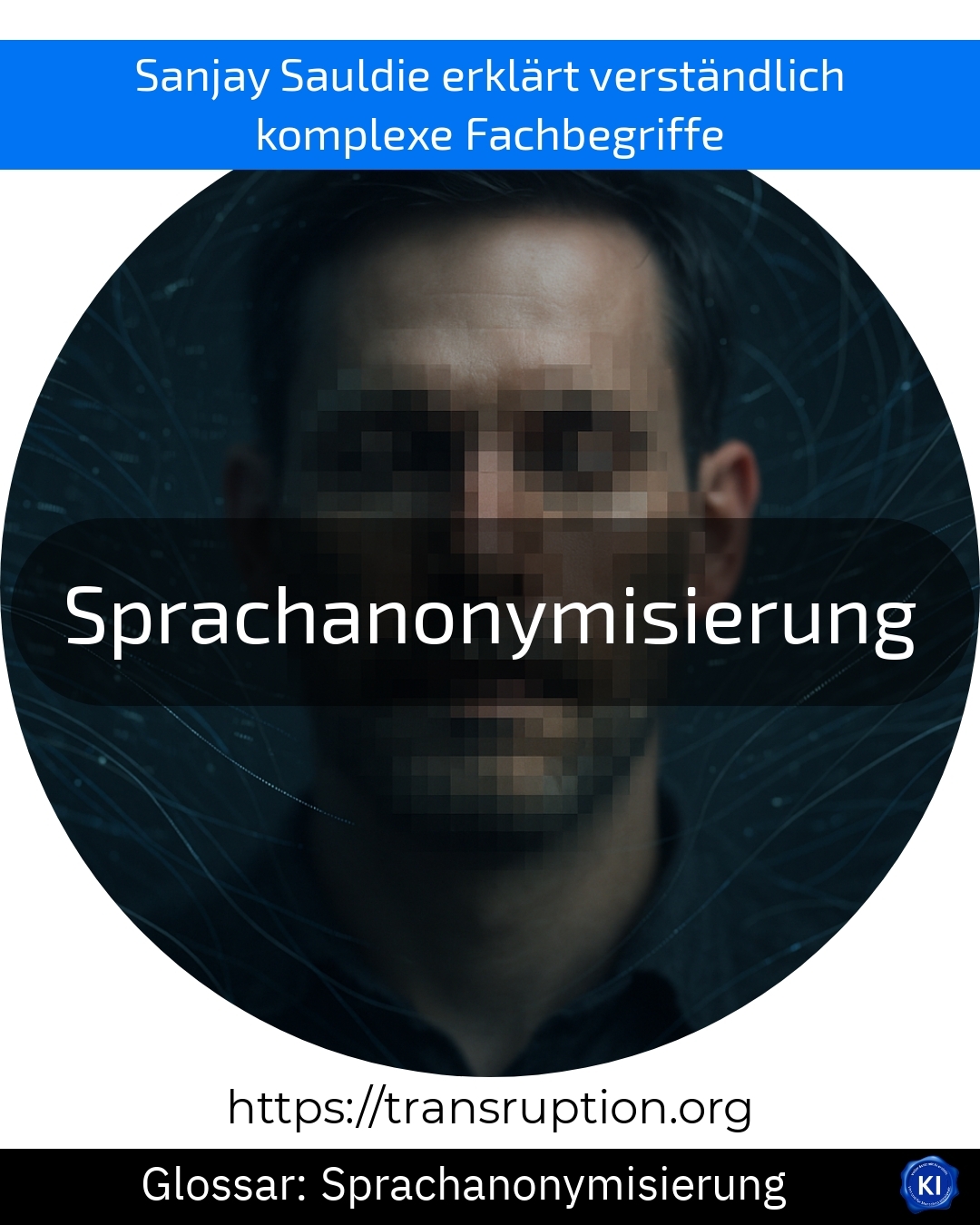Speech anonymisation is an important topic, especially in the fields of artificial intelligence, cybercrime and cybersecurity as well as digital society. Speech anonymisation means that personal characteristics, such as the voice or certain speech patterns, are changed in such a way that no one can recognise who exactly is speaking. This means that sensitive data and people's privacy can be better protected in conversations or voice messages.
An everyday example: Imagine your employees take part in an anonymous survey via voice message. Voice anonymisation ensures that no one can recognise whose voice is being heard - neither by sound nor by manner of speaking. This gives participants the confidence to answer honestly without fear of being tracked.
Voice anonymisation plays an important role when voice data needs to be analysed or stored for training purposes without violating personal rights. It is also crucial to protect identities in law enforcement or when working with sensitive customer data. In short, voice anonymisation is a security mechanism that protects privacy and strengthens trust in digital communication.















